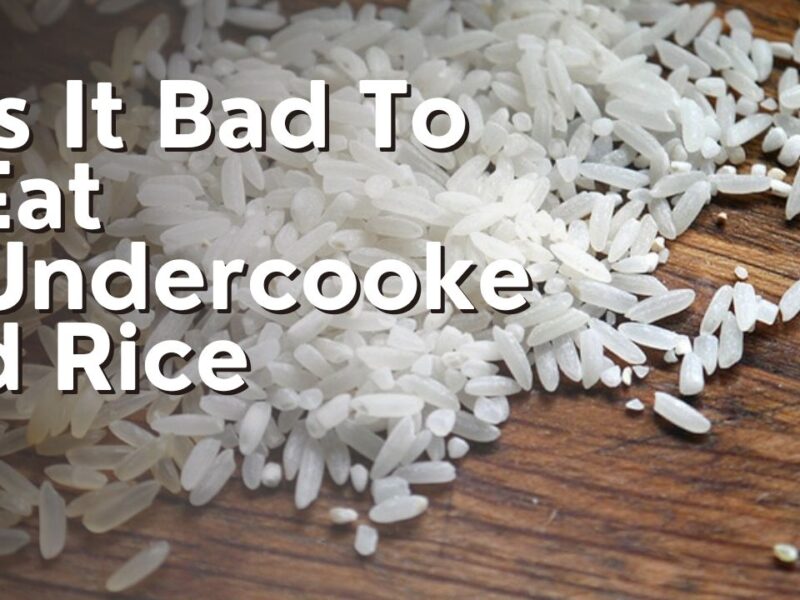Why Is My Dog’s Stomach Making Loud Noises?
First off, it’s important to know that some digestive sounds in dogs are entirely normal. Just like humans, dogs have digestive systems that can produce noises during the digestion process. However, if these noises are excessive or accompanied by other symptoms, it might be worth investigating further.
Hunger and food-related noises are common, especially if your pooch has been eagerly waiting for their next meal. Additionally, dietary factors such as rapid eating or consuming gas-producing foods can also play a role.
Furthermore, we’ll discuss potential medical conditions that could be causing these noises. It’s important to know when it’s time to seek veterinary attention to ensure your furry friend’s well-being.
So, let’s uncover the mystery behind those loud stomach noises and help your pup feel better!
Normal Digestive Sounds in Dogs
Don’t worry if you hear your furry friend’s tummy rumbling, it’s totally normal for dogs to have loud digestive sounds! Just like us humans, dogs have digestive systems that work to break down the food they eat. These sounds are often a sign that your dog’s digestive system is doing its job.
When your dog eats, their stomach and intestines start the process of breaking down the food into smaller particles. As this happens, gas and fluids are also being moved along. The movement of these gas and fluids can create loud gurgling or rumbling sounds, which are completely normal. It’s similar to the noises that our stomach makes when we’re hungry or digesting food.
In addition to the normal digestive sounds, there are a few other factors that can contribute to louder tummy noises in dogs. For example, if your dog eats too quickly or eats a large meal, their stomach may have to work harder to break down the food, resulting in louder sounds. Similarly, if your dog has recently switched to a new diet or has eaten something that doesn’t agree with them, its digestive system may be more active, leading to louder noises.
Overall, it’s important to remember that loud digestive sounds are usually nothing to worry about. However, if your dog is experiencing other symptoms such as vomiting, diarrhea, or loss of appetite, it’s always a good idea to consult with your veterinarian to rule out any underlying health issues.

Hunger and Food-related Noises
Hungry dogs often have their stomachs growl loudly. It’s a common occurrence that many dog owners may have experienced. When dogs are hungry, their bodies release a hormone called ghrelin, which stimulates the hunger response. This hormone acts on the stomach and intestines, causing contractions and movement of gas and fluids. These movements can result in loud rumbling noises that we hear as stomach growling.
To better understand hunger and food-related noises in dogs, let’s take a look at the table below:
| Possible Causes | Explanation |
|---|---|
| Empty Stomach | When a dog’s stomach is empty, the growling sounds can be more noticeable. |
| Increased Peristalsis | The contractions of the intestines become more intense when a dog is hungry, leading to louder stomach noises. |
| Gas Movement | Hunger can cause an increase in gas production, which can lead to gurgling sounds in the stomach. |
| Digestive Enzymes | The release of digestive enzymes in response to hunger can also contribute to stomach noises. |
It’s important to note that hunger-related stomach noises are generally normal and nothing to be concerned about. However, if your dog’s stomach noises are accompanied by other symptoms like vomiting, diarrhea, or loss of appetite, it’s best to consult with a veterinarian to rule out any underlying health issues.
Dietary Factors
When it comes to our furry friends’ eating habits, the type of food they consume plays a crucial role in the sounds their bellies make. As a dog owner, I have noticed that certain dietary factors can contribute to the loud noises coming from my dog’s stomach.
Here are three sub-lists that create imagery in your mind:
- Inadequate digestion: When dogs consume food that is difficult for them to digest, such as high-fat or high-fiber meals, it can lead to loud stomach noises. Imagine your dog’s stomach working hard to break down these complex foods, causing gurgling sounds that can be quite noticeable.
- Food allergies: Just like humans, dogs can have food allergies too. When they consume ingredients that they are allergic to, it can cause an inflammatory response in their digestive system. Imagine your dog’s stomach reacting to the allergens, resulting in grumbling and rumbling sounds.
- Rapid eating: Some dogs have a habit of gobbling down their food too quickly. This can cause them to swallow air along with their food, leading to excessive gas in their stomach. Imagine your dog’s stomach filling up with air and the resulting noises it creates as the gas moves around.
By considering these dietary factors, we can better understand why our dog’s stomach may be making loud noises.
Medical Conditions
Medical conditions can also be a source of those unexpected belly symphonies in our furry companions. Just like humans, dogs can experience a variety of medical issues that may cause their stomachs to make loud noises.
One common condition is gastrointestinal upset, which can be caused by factors such as food allergies, infections, or even parasites. When a dog’s digestive system is irritated or inflamed, it can lead to excessive gas production and rumbling noises in the stomach.
Another possible medical condition is gastritis, which is the inflammation of the stomach lining. This can be caused by various factors, including dietary indiscretion, stress, or the ingestion of toxic substances. Gastritis can cause stomach discomfort and audible rumbling sounds.
Additionally, dogs may experience gastrointestinal blockages, which can occur when foreign objects or substances get stuck in their digestive tract. This can lead to abdominal pain, vomiting, and loud stomach noises.
If you notice that your dog’s stomach is making loud noises frequently or if they are accompanied by other symptoms such as diarrhea, vomiting, or loss of appetite, it is important to consult a veterinarian. They will be able to diagnose the underlying medical condition and recommend appropriate treatment options to help alleviate your dog’s discomfort and resolve the noisy stomach issue.

When to Seek Veterinary Attention
It’s crucial to seek veterinary attention if your furry companion’s belly symphonies are accompanied by other concerning symptoms like diarrhea, vomiting, or loss of appetite. These additional symptoms could indicate a more serious underlying medical condition that requires immediate attention from a trained professional.
Diarrhea can be a sign of gastrointestinal distress or infection, and if it persists for more than a day or is accompanied by blood or mucus, it’s important to consult a veterinarian. Vomiting, especially if it is frequent or accompanied by bile, can be a sign of gastrointestinal obstruction or other serious condition. Loss of appetite can indicate a variety of health issues, including gastrointestinal problems, dental issues, or even systemic illnesses.
In addition to these specific symptoms, it’s also important to seek veterinary attention if your dog’s stomach noises are accompanied by general signs of discomfort, such as restlessness, lethargy, or difficulty walking. These could be signs of pain or discomfort and should not be ignored.
Remember, as a responsible pet owner, it’s important to monitor your dog’s health and seek veterinary attention when necessary. Your veterinarian will be able to evaluate your dog’s symptoms, perform any necessary tests, and provide the appropriate treatment to address the underlying cause of the stomach noises.
Frequently Asked Questions
Can stress or anxiety cause loud stomach noises in dogs?
Yes, stress and anxiety can cause loud stomach noises in dogs. When dogs are stressed or anxious, it can lead to increased stomach acid production and digestive disturbances, resulting in noisy stomach sounds.
Are certain dog breeds more prone to loud stomach noises?
Certain dog breeds may be more prone to loud stomach noises due to their specific anatomy or digestive system. Factors such as brachycephalic breeds with shorter snouts or breeds prone to gastrointestinal issues may experience more noticeable stomach noises.
Can my dog’s stomach noises be a sign of a serious health issue?
Yes, loud stomach noises in dogs can be a sign of a serious health issue. It could indicate gastrointestinal problems, such as an obstruction or inflammation, and should be evaluated by a vet.
Is it normal for my dog’s stomach to make noises after eating?
It is normal for my dog’s stomach to make noises after eating. This is due to the digestive process and the movement of food and gas in the intestines.
How can I help reduce my dog’s stomach noises?
I can help reduce my dog’s stomach noises by feeding smaller, more frequent meals, avoiding foods that may cause gas, and incorporating probiotics into their diet. Regular exercise can also aid in digestion.
Conclusion
In conclusion, it’s normal for a dog’s stomach to make loud noises from time to time. Hunger and dietary factors can contribute to these sounds, but they’re usually harmless.
However, if your dog is experiencing other symptoms such as vomiting, diarrhea, or loss of appetite, it may be a sign of a medical condition. In such cases, it’s important to seek veterinary attention to ensure your dog’s health and well-being.
Trust your instincts and consult with a professional if you have any concerns.


